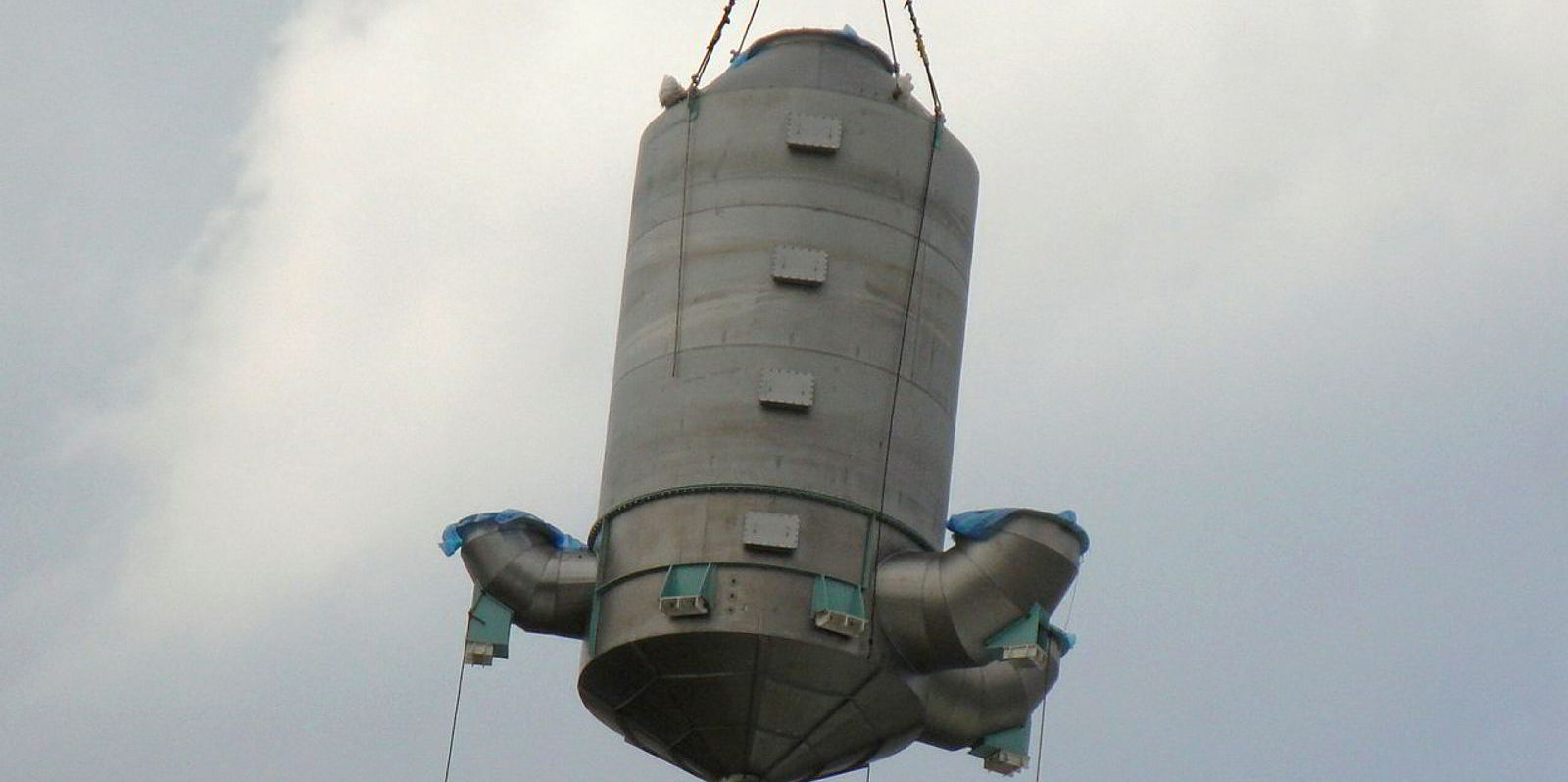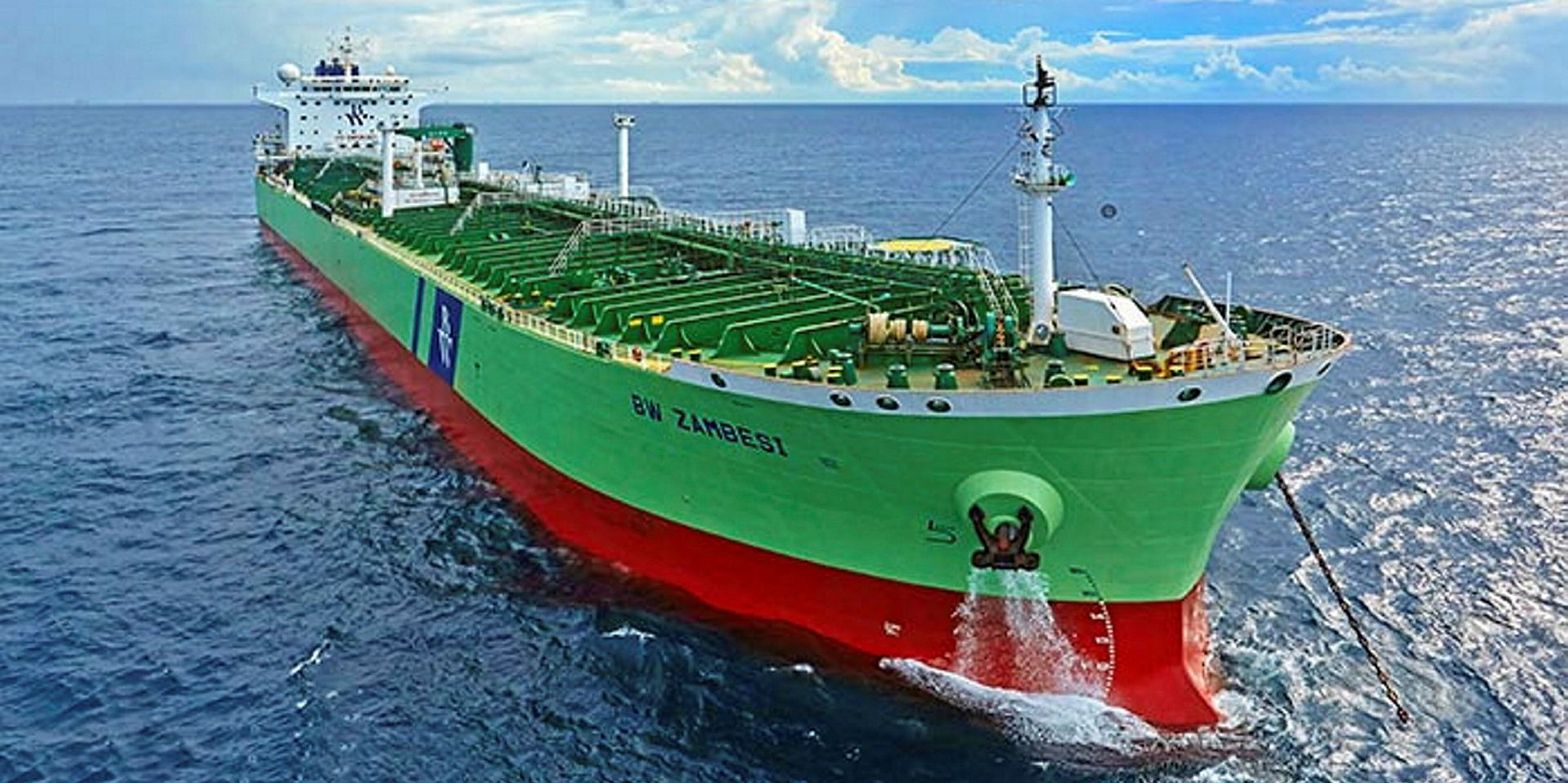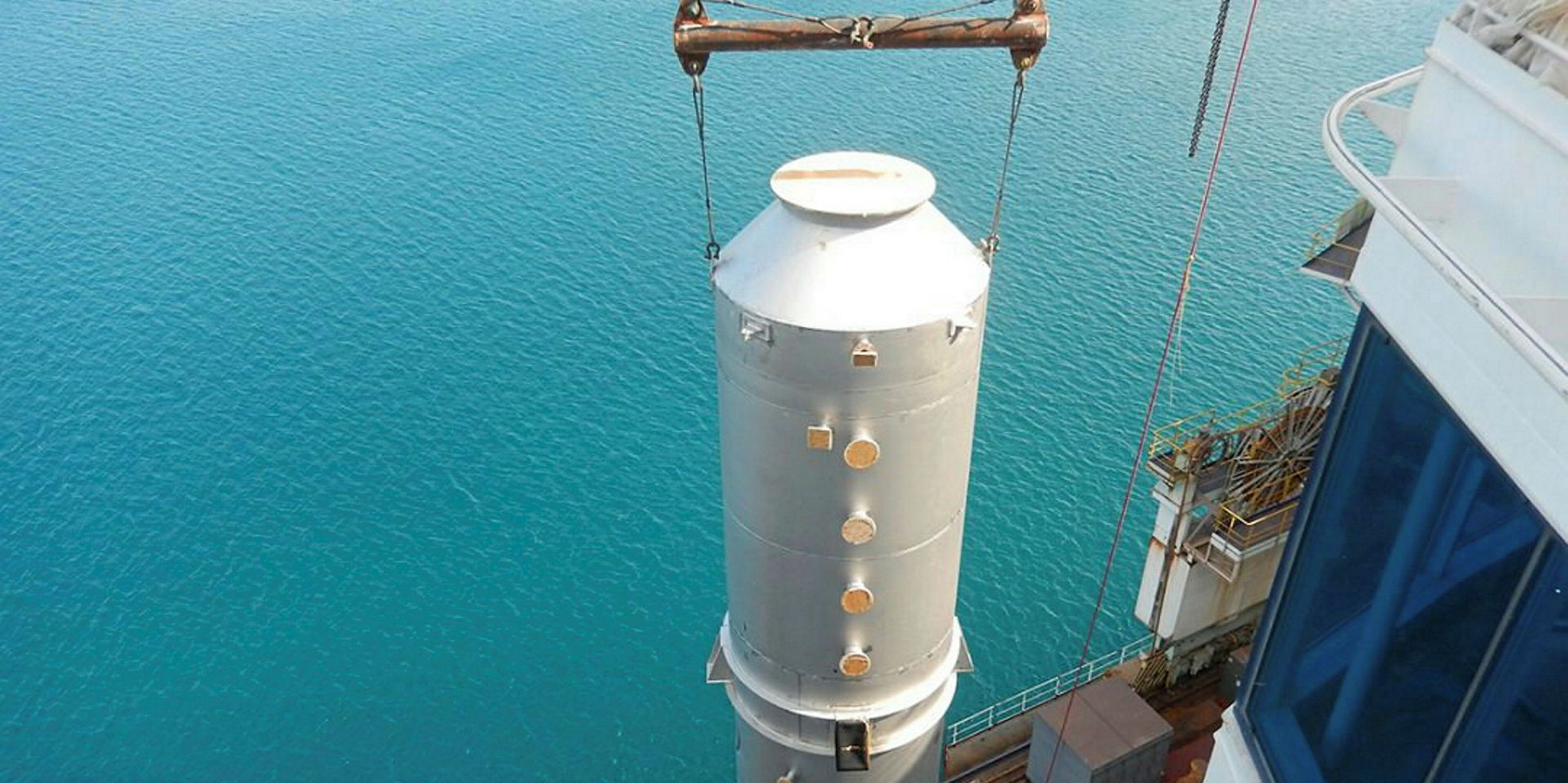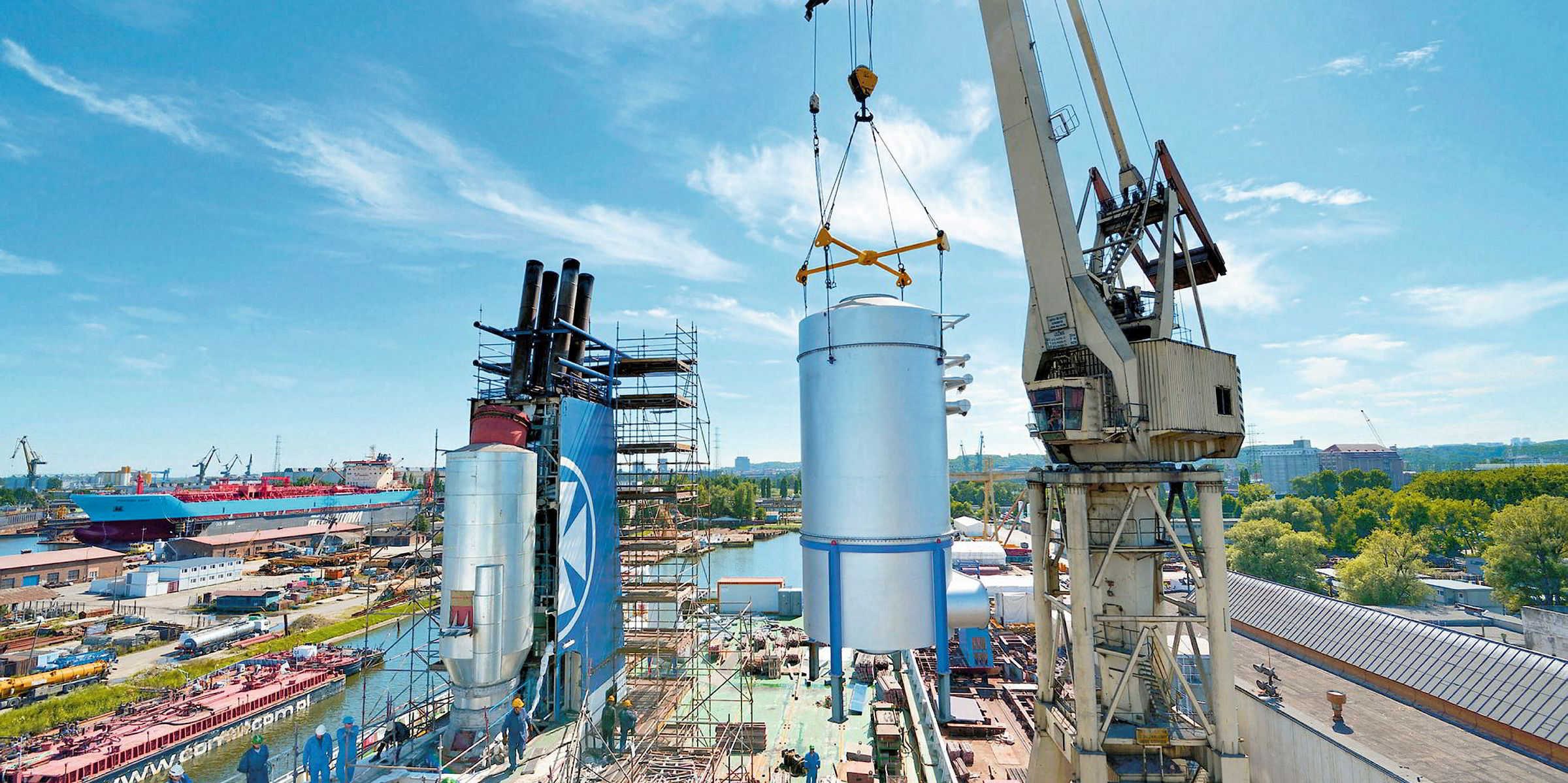Shipowners have been placing their bets ahead of the IMO 2020 emissions regime, and it makes for good stories as they show their cards one by one — by deciding to install scrubbers, relying on refiners for a ready supply of low-sulphur fuel oil, or taking a high-end punt on LNG.
Many of the scrubber sceptics have been owners of smaller tonnage, who take the view of Pacific Basin Shipping chief executive Mats Berglund that scrubber installation is like “building an oil refinery on your ship”.
Scrubber advocates have been predominantly owners of large fleets of large vessels, who can expect a greater scale of savings per scrubber installed and who can divide a tentative investment in scrubbers on a few ships between a whole fleet.
Wave of cancellations?
Last week, two Norwegian shipowners took clear positions on the issue. True to pattern, it was the VLCC owner, Oslo’s Awilhelmsen, that voted for exhaust gas cleaning systems on four newbuildings. The handysize bulker owner, Bergen’s Grieg Star, opted to leave the oil refining to the oil refiners by seeking an IMO 2020 solution on land, as new chief executive Matt Duke put it.

The game is not over, but it is not too soon to say that those who were looking for a scrubber gold rush have been disappointed. And now some shipyards are predicting a wave of cancellations.
“Last year, many yards received many orders based on a very low price,” one Chinese shipyard executive told TradeWinds this week. “But now, many yards are facing problems with over-ordering and are expecting cancellations. Owners are thinking now that the price of low-sulphur fuel will go down and a scrubber investment might not be so economical.”
For well-run yards, the practical problem will be a manageable one, he believes, mostly involving labour allocation as well as some investment in materials and accessory equipment.
Some small manufacturers with heavy exposure to the scrubber niche have been approaching his yard and others, asking them to promote their products to shipowner customers. “That would put a yard in a very difficult position,” the shipyard boss said.
Another repair player whose company has taken a more aggressive pro-scrubber position acknowledges that it has not paid off yet, but is still optimistic.
“The first half of this year did see a slowing down in scrubber sales, but we believe many people will realise their advantages,” said the scrubber optimist, who admitted he is disposed to be bullish by his commercial commitments. “I think we are going to see another boom in scrubber sales after people see the difficulty of operating with low-sulphur fuel.”

For suppliers and their customers, the problem is a regulatory squeeze created by the goal-based nature of the incoming sulphur regulations.
Unlike an earlier watershed moment in environmental regulation, the post-Exxon Valdez Oil Pollution Act of 1990 double-hull requirement, IMO 2020 does not dictate one particular technical solution for all, leaving each owner free to pursue compliant emissions by its own chosen method.
Viewed from a sufficient altitude, this may produce the most efficient solution for the world fleet, but for the individual shipowner the freedom of choice can be excruciating. In a break-even market, he or she must choose between installing million-dollar gizmos with a five-year lifetime that permanently cut a ship’s cargo capacity, and relying on a fuel of unknown pricing and availability that might clog his engines.
‘Taken hostage by refiners’
Major shipowners can invest in a few scrubbers, spread the investment across a huge fleet and wait for the technical reports, as some liner players have done. Those who are not in that position may be forced to kick the can down the road to January and brace themselves for a transition of unknown severity to low-sulphur fuel.
“Then they will be taken hostage by the refiners,” the scrubber advocate warned. “The refineries are saying there will be plenty of supply, but they’re not quoting a price.”
All in all, it might be easier just to be told what to do and sent the bill.






